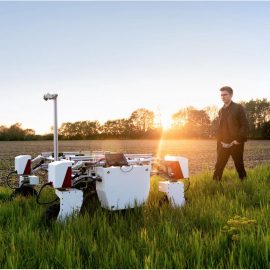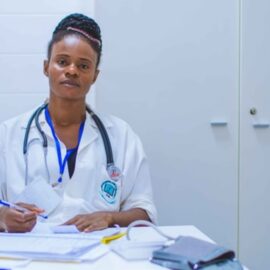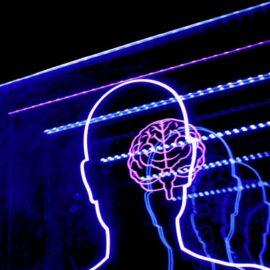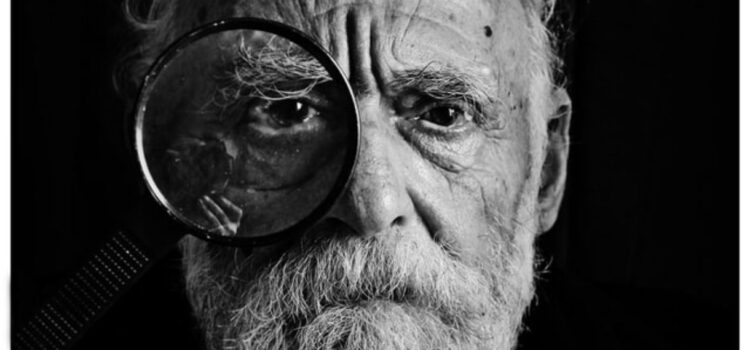
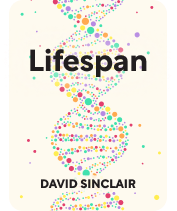
This article is an excerpt from the Shortform book guide to "Lifespan" by David Sinclair. Shortform has the world's best summaries and analyses of books you should be reading.
Like this article? Sign up for a free trial here .
Why do we age and die? Do we really age and die to make room for our descendants?
Humans have always accepted aging as a fact of life, but relatively few people have questioned why it has to happen. The oldest theory, dating back to Aristotle, is that we age and die for the good of the species, to “make room” for the next generation. But that theory fell out of favor in the 1950s, paving the way for new theories to come.
Keep reading to learn about key theories of aging.
Understanding Aging
Why do we age and die? The current theory is that we evolved to survive long enough to reproduce, with no concern for what happens after that. In evolutionary theory, this is known as antagonistic pleiotropy: The same genes that help us survive and reproduce also cause us to deteriorate once we’re past breeding age.
Supporting this theory is the fact that species historically evolved for either rapid breeding or long lifespans, but never both. Scientists believed this was due to limited resources—building a strong, healthy, and long-lasting body requires a lot of energy and resources, and so does raising a lot of offspring. Very few species would have had enough resources to support large numbers of offspring that also survive for a long time.
| Understanding Carrying Capacity A species that’s long-lived and quick-breeding would quickly exceed its carrying capacity—an ecological concept meaning the maximum number of members of that species that a particular area can support. When a population goes past its habitat’s carrying capacity, there are no longer enough resources to go around and members of that population start to die off. If it goes too far past the carrying capacity, or maintains that population level for too long, the species could completely deplete that area’s resources and totally collapse. That’s why, even though evolution is selfish by nature, no species has ever had both of those traits. Carrying capacity is also a major concern when we consider humans living longer (perhaps forever, if Sinclair is right): An ever-increasing population will, at some point, exceed the planet’s carrying capacity. |
The “DNA Damage” Theory of Aging
Why we age may be an interesting question, but Sinclair is more concerned with how we age. One popular theory is that our bodies break down due to progressive damage to our DNA—this damage could result from random mutations, radiation (such as from the sun), pollution, and countless other causes. Basically, the genetic damage keeps accumulating until our cells can’t function correctly anymore.
However, Sinclair says that cloning technology disproves the DNA damage theory of aging: We can use cells from an old, sick animal to clone a young and healthy one, which wouldn’t be possible if changes to DNA directly caused the effects of aging.
(Shortform note: Sinclair’s insistence that the DNA damage theory can’t be correct goes against popular scientific theory. For example, a study from 2021 repeats the claim that DNA damage may be the central, unifying cause of aging’s effects on the body. This is not to say that Sinclair must be wrong, only that his ideas have yet to receive widespread recognition and acceptance—if they ever do.)
The “Information” Theory of Aging
As a counterpoint to the DNA damage theory, Sinclair developed the “Information Theory of Aging.” His theory states that we age due to an accumulation of epigenetic damage, rather than genetic damage.
First, it’s important to understand that every cell in your body, from skin to hair to brain tissue, has the exact same DNA. The epigenome, consisting of proteins wrapped around the DNA, controls which genes in any given cell are “on” and which are “off.” That’s how we end up with all of those different types of cells—it’s not a result of the information encoded in the genes, but rather how your body uses that information. Therefore, changes to the epigenome can create changes in our bodies without actually altering our genes.
Sinclair calls these epigenetic changes “noise,” similar to radio static or garbled transmission. The goal of his research is to figure out how to clear up that noise so that the genetic messages come through loud and clear like they did when we were young.
According to Sinclair, the Information Theory of Aging is good news, because fixing epigenetic damage is much easier than repairing the DNA itself—in fact, Part 2 of this guide is all about ways to do just that.
| What Causes Epigenetic “Noise”? According to the National Institutes of Health (NIH), the epigenome responds to various stressors such as pollutants, diseases, and an unhealthy diet by undergoing small changes to enable the body to endure those stressors. In fact, the NIH says those changes may be necessary for us to survive. However, they can also lead to illnesses if too many genes are being activated and deactivated incorrectly. To give a simple example: If you get a small cut, your epigenome would activate the genes you need to heal—genes that produce clotting agents and genes that make your skin cells divide rapidly to heal the wound, among others. This is perfectly normal and usually doesn’t cause any harm. The problems arise when the epigenome doesn’t correctly reset itself; for instance, if those skin cells don’t stop dividing once the wound is closed, you could develop skin cancer. |

———End of Preview———
Like what you just read? Read the rest of the world's best book summary and analysis of David Sinclair's "Lifespan" at Shortform .
Here's what you'll find in our full Lifespan summary :
- Why biologist and geneticist David Sinclair believes old age is a curable disease
- The potential problems of a world where people never die
- How the elderly stifle the economy



